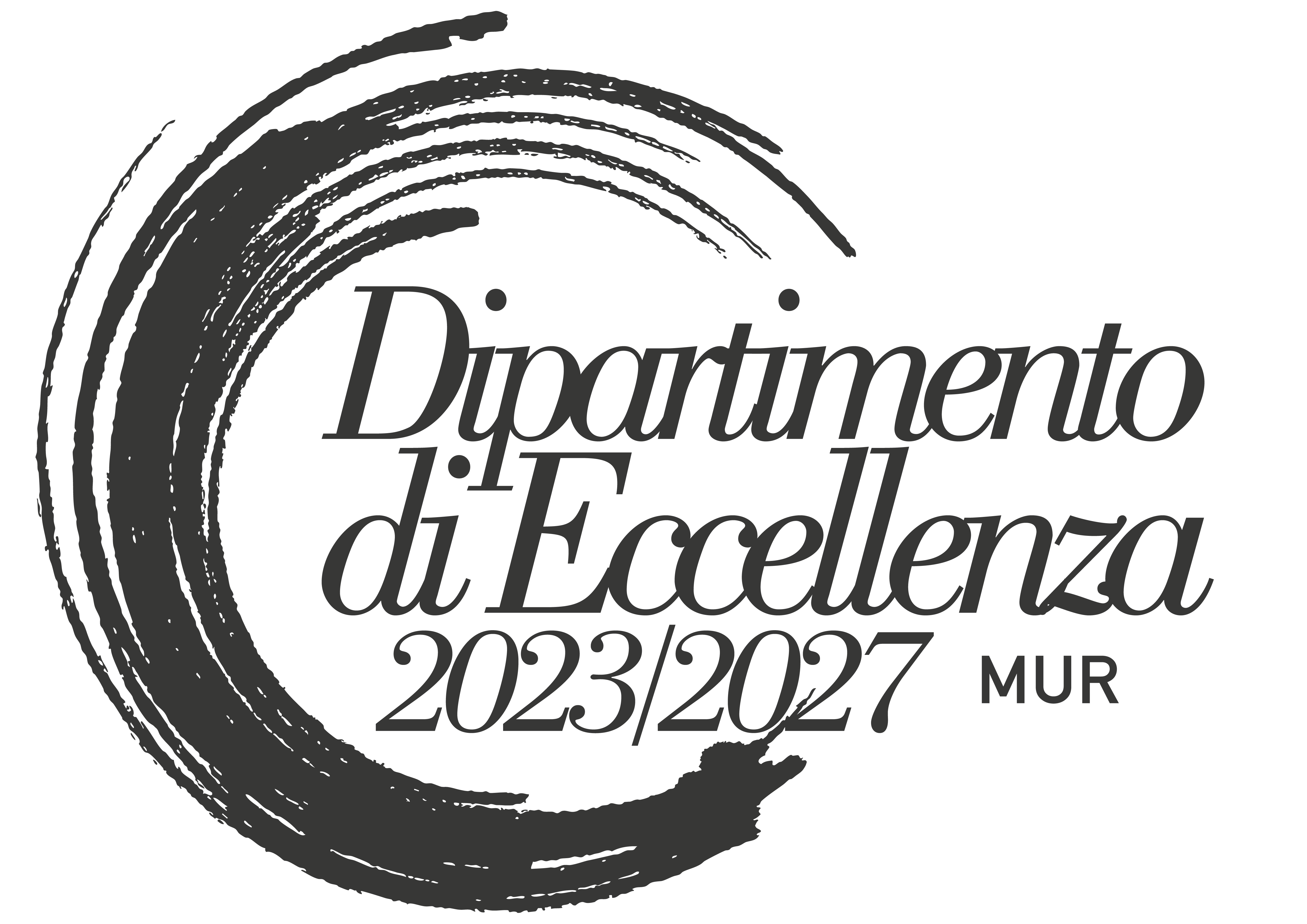New phenomena such as digital social reading, instapoets, and the “rating culture” expressed in online reviews challenge traditional literary criticism in newspapers and journals. Millions of reviews on platforms such as Amazon or Goodreads are part of this culture of participation and a counterweight to professional criticism. At the same time, successful instapoets such as Rupi Kaur reject the expertise of the gatekeepers of “prestigious literary circles” and try to establish a direct connection with readers. Literary studies adopt a variety of positions regarding these new phenomena. Most literary scholars still ignore or even demonize them. In fact, online reviewing not only presents new forms of reviewing, it challenges the prestige of conventional criticism and the traditional distinctions between professional and non-professional criticism (Laienkritik in German).
The aim of this project is to build the proper methodological framework to capture these changes in the current literary system. To do this, the phenomenon of online reviewing has to be contextualized within the history and the praxis of assigning literary value to literary texts, the so-called canonization. In addition, literary theory needs to be able to analyze quantitative data and to integrate numbers into its models (engaging in a procedure that is called operationalization).
At the basis of the project will be a corpus of book reviews published in literary magazines and online reviewing platforms. The analysis will proceed through a combination and integration of methods: (a) the theoretical and stylistic research of literary criticism; (b) socio-psychological analysis of the dynamics that inform reviewing practices; and (c) computational modeling of the linguistic aspects that distinguish them.
Our project will require the integration of three main perspectives (the literary, the social, and the computational).
Group leaders: Marco Rospocher, Simone Rebora and Massimo Salgaro
Internal members:
- Ainur Kakimova (PhD student)
- Gabriele Vezzani (PhD student)
External members:
- Francesca Frontini (CNR Pisa)
Actions: WP 1.1; WP 1.3
References:
Franzen, Johannes. 2021. ‘Everyone’s a critic : Rezensieren in Zeiten des ästhetischen Plebiszit’. In Unterstellte Leseschaften: Tagung, Kulturwissenschaftliches Institut Essen, 29. bis 30. September 2020. DuEPublico. https://doi.org/10.37189/duepublico/74186.
Hajibayova, Lala. 2019. ‘Investigation of Goodreads’ Reviews: Kakutanied, Deceived or Simply Honest?’ Journal of Documentation 75 (3): 612–26. https://doi.org/10.1108/JD-07-2018-0104.
Pianzola, Federico. 2021. Digital Social Reading. MIT Press. https://doi.org/10.1162/ba67f642.a0d97dee.
Rebora, Simone, Peter Boot, Federico Pianzola, Brigitte Gasser, J Berenike Herrmann, Maria Kraxenberger, Moniek M Kuijpers, et al. 2021. ‘Digital Humanities and Digital Social Reading’. Digital Scholarship in the Humanities 36 (Supplement_2): ii230–50. https://doi.org/10.1093/llc/fqab020.


